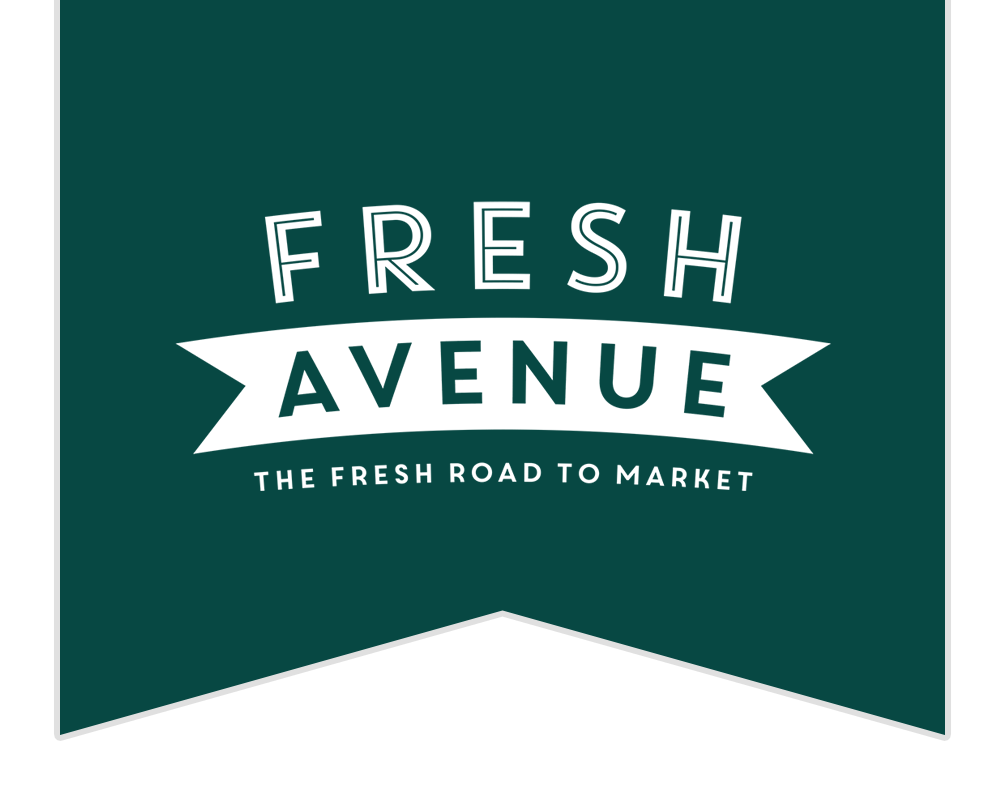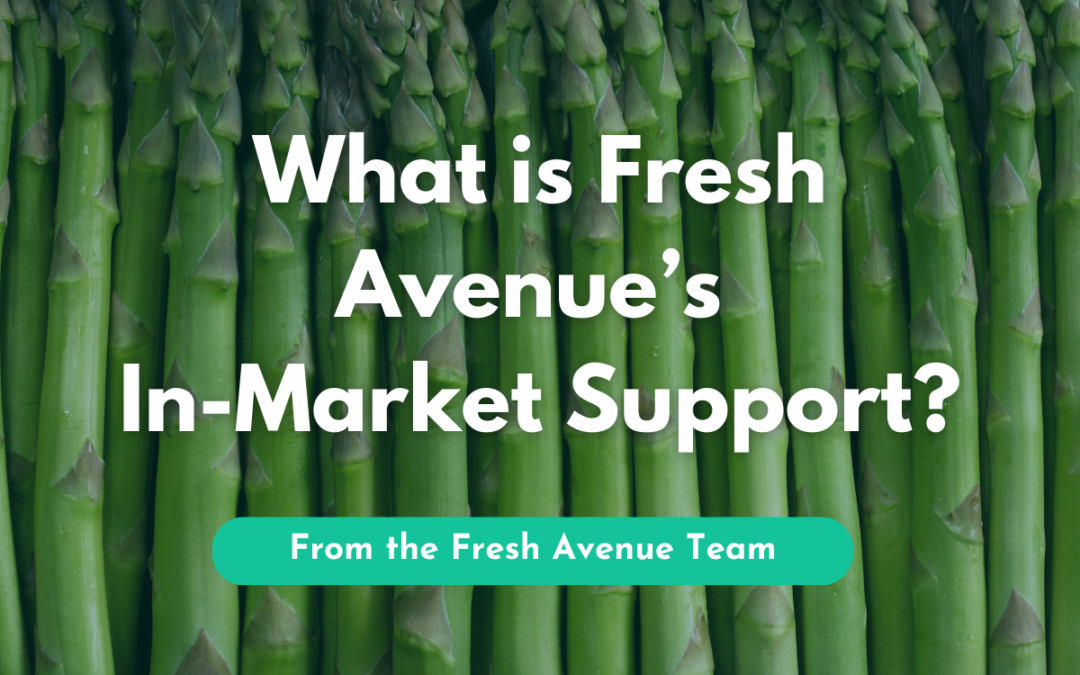You’ve probably heard the phrase, in-market support if you’ve spent any time around our team. This is probably the first and primary guiding principal behind what we’ve been doing for the past 9 years. But this is not at all a new concept, but described the one thing that President and CEO, Mark Vaughan, did in his prior business- a high touch, high level of customer support.
Mark’s involvement in the fresh food industry goes back 30+ years. In his first venture, he built a 500+ person fresh food operation that distributed fresh food products throughout the US with large customers such as Walmart. In 2007 he took the company public. His secret was prioritizing the customer and focusing on customer support. He also knew that a high level of support was in-person and happened continually, not just after the initial transaction.
The idea of in-market support doesn’t end with visits with the buyer, but visits in the field, warehousing and manufacturing, and a customer’s locations and stores. This is how we monitor product quality and serviceability issues and discover ways to better serve the customer. Also, our team is expected to reply thoroughly and quickly, and because of this, we have built a great reputation in our industry.
To help us understand the importance of in-market support, think of sales as a flywheel.
This is because the sales process is not linear, but instead cyclical, and when done right, it creates forward momentum. There are three parts to the sales flywheel:
- First is need discovery, which is dependent on great listening and asking questions that reveal need.
- Second is need satisfaction, delivery of what was told in the sales pitch. Then there is need follow-up, where the sales team ask additional questions, listen some more, ask open-ended questions, check on product and troubleshoot issues.
- Third is a phase of need re-assessment. Any new knowledge of the product in the market, issues, or optimization, is gathered and reported back to the buyer. This is the point where the original order may be modified.
Now the sales cycle begins once again, with new need discovery from follow up and continues. When done well, the sales team member will be able to suggest additional product that satisfies the buyer’s need, and creates momentum for both parties: for the salesperson with more product sold, and the buyer with greater need satisfied.
Just as the sales flywheel can create momentum, bad customer support can also stop the flywheel. That may be seen with exaggeration in the sales conversations, and so expectation was not met. Also not having sufficient follow-up leaves problems unaddressed. These things erode buyer trust and become the brake that will slow down and even bring the sales flywheel to a screeching halt.
What you see is that in-market support taps into a relational approach to selling. This is important because a B2B transaction is not something that is done and everyone moves on. Sales are continual meaning our type of sales must be built on a long-term partnership. One thing Mark says that is critical with in-market support is communication. The expectation then from our team is to communicate quickly and often.
We take communication a step further with in-person, in-market support. This means visits not only to a customer’s headquarters for regular check-ins, but also monitoring produce being sold in our customer’s market, stores, and locations. This can mean pop-ins at a restaurant location or grocery store to monitor quality. Additionally, we have team members in major markets, which brings a local understanding of demand, competition, seasonality, etc.
So this is our long explanation of what is really could be described as doing what is needed to make sure the produce programs of our customers are successful. Whether you describe it as a flywheel or call it in-market support or anything else, the idea goes back to the foundation of doing business, that it is all about taking care of your customer. And if you want to see what we’re talking about, give us a call today!
In-market support is how we communicate, monitor product quality, and serviceability issues, and discover ways to better serve our customers.






